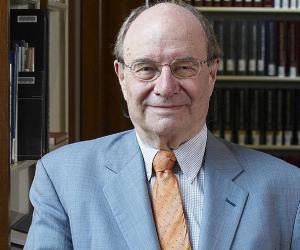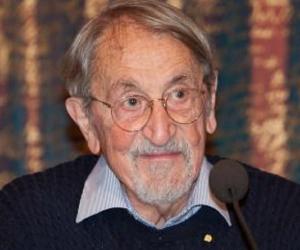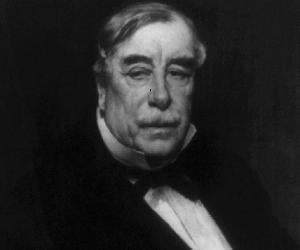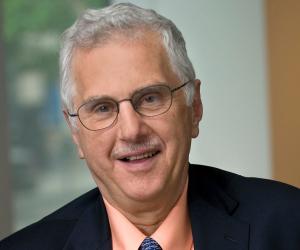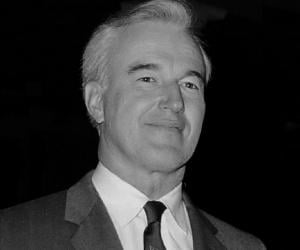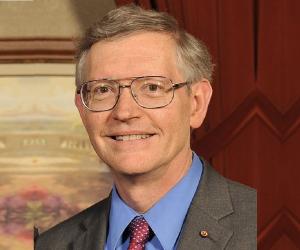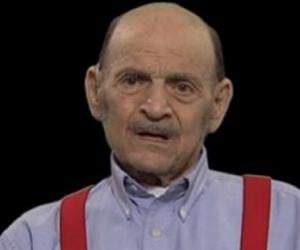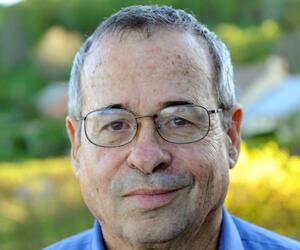1
Joachim Frank
(Nobel Prize-Winning German-American Biophysicist Known for Developing Cryo-EM)
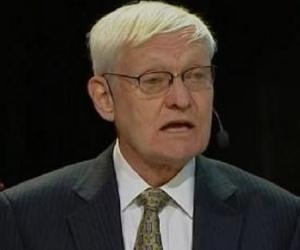
23
3
Birthdate: September 12, 1940
Sun Sign: Virgo
Birthplace: Weidenau, Siegen, Germany
Joachim Frank is a German-American biophysicist known for his pioneering work in single-particle cryo-electron microscopy (cryo-EM). He is a Nobel laureate in Chemistry, sharing the prize with Jacques Dubochet and Richard Henderson in 2017. Frank is recognized as the founder of cryo-EM and has made significant contributions to understanding the structure and function of ribosomes in both bacterial and eukaryotic cells. He currently holds a position at Columbia University, where he continues to advance the field of structural biology.
